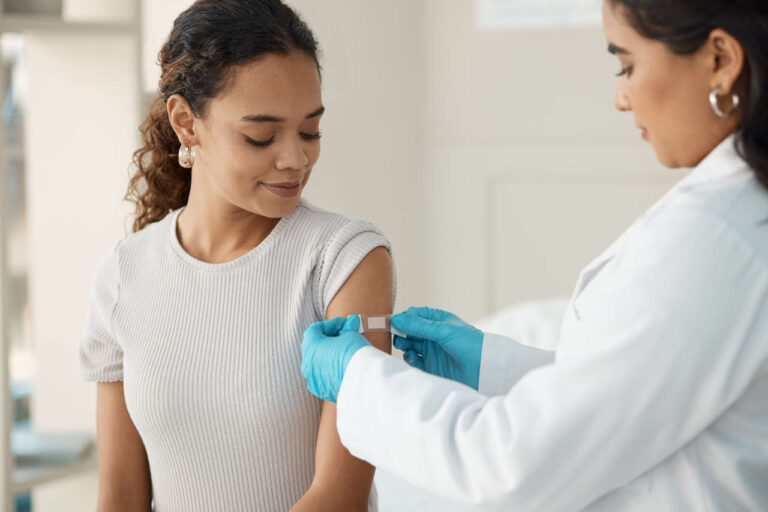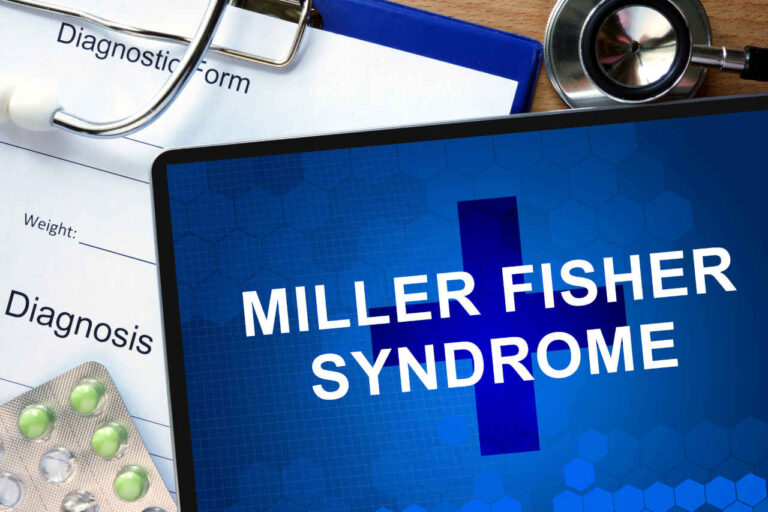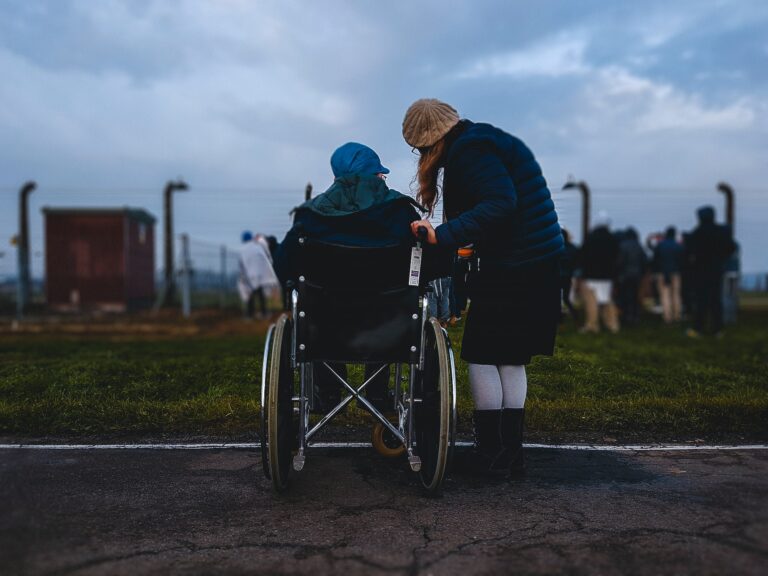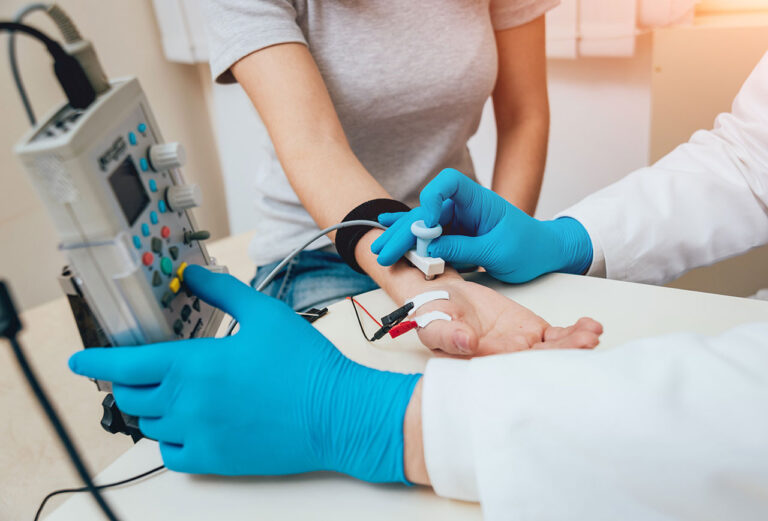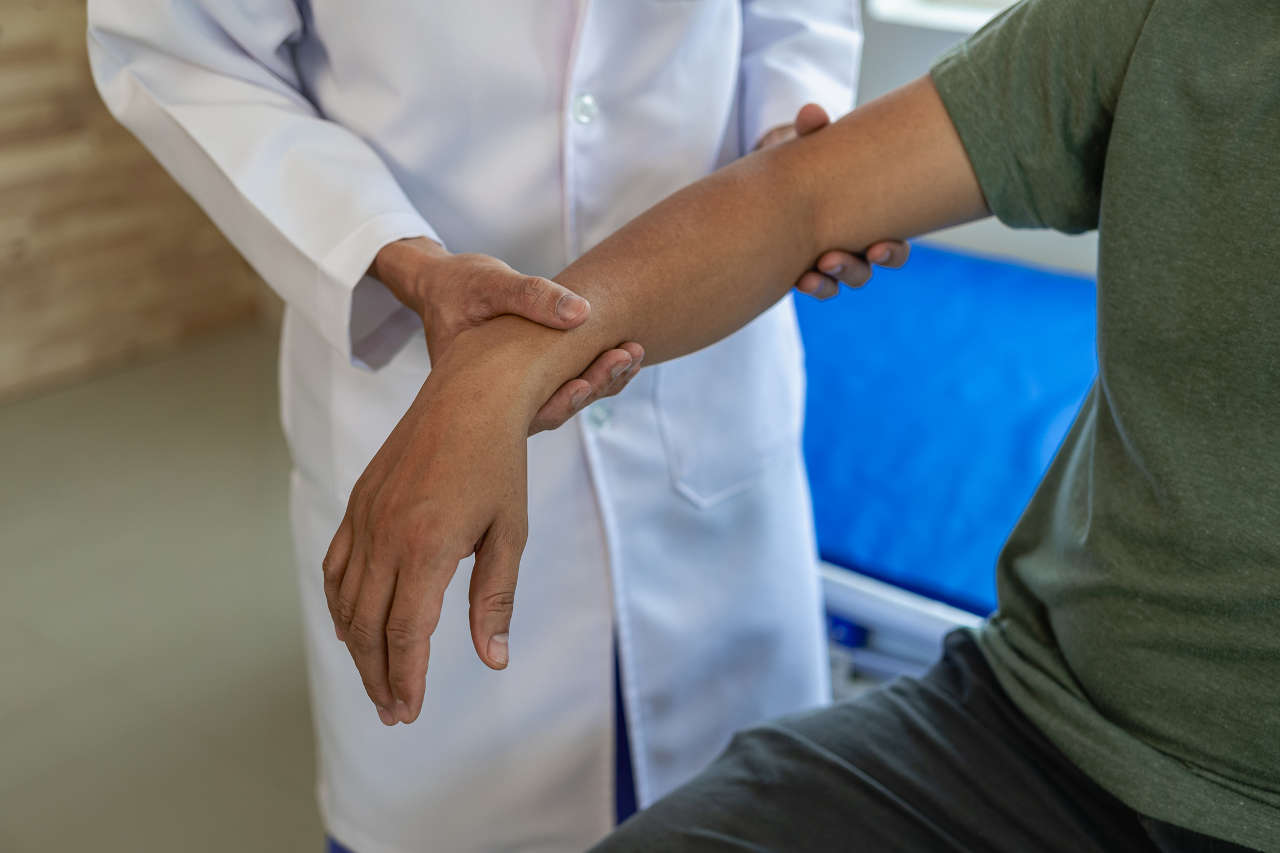
This article discusses the established as well as emerging Guillain-Barre syndrome risk factors.
Speak to a Specialist
About Copay AssistanceWhat Is Guillain-Barre Syndrome?
Guillain-Barre syndrome is a rare condition, affecting 3,000 to 6,000 Americans each year [1]. It causes your immune system to attack your peripheral nerves. Hence, it can be considered an autoimmune disorder.
The affected nerves control muscle movement and sensations of touch and pain. GBS can lead to:
- Muscle weakness
- Loss of sensation in your legs or arms
- Difficulty swallowing or breathing
What causes Guillain-Barre syndrome is unknown. Researchers believe that certain infections trigger your immune system to attack your nerves.
No cure currently exists for this condition. However, plasma exchange (plasmapheresis) and intravenous immunoglobulin (IVIG) can help promote recovery and reduce severity.
Further Reading: Exploring IVIG Therapy for Guillain-Barre Syndrome
What Are the Risk Factors of Guillain-Barre Syndrome?
GBS can affect anyone, irrespective of age and sex.
The established Guillain-Barre syndrome risk factors include:
Age
The risk appears higher in individuals aged 50 or older.
Diarrhea or a respiratory illness
Approximately 66% of people with GBS had diarrhea or a respiratory infection several weeks before experiencing GBS symptoms.
Campylobacter jejuni, the bacteria that causes diarrhea, is the most common risk factor for GBS. It is usually found in undercooked poultry.
GBS develops in about 1 in every 1,000 people with Campylobacter infection. Likewise, 5% to 40% of Americans with GBS had recent Campylobacter-associated diarrhea.
Viral infections
Infections with cytomegalovirus, Epstein-Barr virus, Zika virus, or influenza virus may trigger GBS in some people.
Vaccination
In rare instances, GBS symptoms may appear several days or weeks after getting certain vaccines. Some studies suggest that the risk may increase after influenza vaccination [2].
However, the risk is insignificant, at most 1 to 2 additional cases per million doses of vaccines.
In fact, you are probably more likely to get GBS from the flu than the flu vaccine.
Therefore, this small risk should not prevent you or your loved ones from getting the recommended vaccines.
Gender
GBS affects slightly more men than women.
Surgery
Surgery-induced GBS, also called post-surgical GBS, may affect 5 – 9% of adults [3].
Ask About IVIG Home Infusion
COVID-19 and COVID-19 Vaccines: Emerging Guillain-Barre Syndrome Risk Factors
In 2021, a team of Indian researchers shared five case reports, suggesting a possible link between COVID-19 and GBS [4]. Similarly, authors of a 2023 study shed light on the occurrence of post‐COVID‐19 GBS [5].
Nonetheless, more research is needed.
A higher risk of GBS is anticipated in those receiving vector-based COVID-19 vaccines [6,7]. Examples of such vaccines are the COVID-19 Johnson & Johnson and AstraZeneca vaccines.
As with other vaccines, the increase in GBS risk following COVID-19 vaccination is insignificant.
Thankfully, mRNA vaccines, such as the Moderna COVID-19 vaccine, don’t seem to cause any issues.
Key Takeaways
- Guillain-Barre syndrome is a rare but serious autoimmune disease with no identifiable cause and no cure.
- Symptoms include muscle weakness and loss of sensation.
- Full recovery occurs in most cases.
- Treatments like plasma exchange and IVIG can help make your symptoms less severe.
- Age and bacterial or viral infections are the top Guillain-Barre syndrome risk factors.
- Infection with Campylobacter jejuni, often found in undercooked poultry, is the most common risk factor.
- Some studies have linked COVID-19 and other vaccines to this disease. But the risk is insignificant.
REFERENCES:
- Centers for Disease Control and Prevention. Guillain-Barré Syndrome. https://www.cdc.gov/campylobacter/guillain-barre.html
- Babazadeh, Arefeh et al. “Influenza Vaccination and Guillain-Barré Syndrome: Reality or Fear.” Journal of translational internal medicine vol. 7,4 137-142. 31 Dec. 2019, doi:10.2478/jtim-2019-0028
- Khosroshahi, Nahid et al. “Guillain-Barre Syndrome Deterioration After an Abdominal Surgery.” Iranian journal of child neurology vol. 16,2 (2022): 155-159. doi:10.22037/ijcn.v15i3.30815
- Khan, Farman et al. “COVID-19-associated Guillain-Barre syndrome: Postinfectious alone or neuroinvasive too?.” Journal of medical virology vol. 93,10 (2021): 6045-6049. doi:10.1002/jmv.27159
- Malekpour, Mahdi et al. “COVID-19 as a trigger of Guillain-Barré syndrome: A review of the molecular mechanism.” Immunity, inflammation and disease vol. 11,5 (2023): e875. doi:10.1002/iid3.875
- Ogunjimi, Olajide Bamidele et al. “Guillain-Barré Syndrome Induced by Vaccination Against COVID-19: A Systematic Review and Meta-Analysis.” Cureus vol. 15,4 e37578. 14 Apr. 2023, doi:10.7759/cureus.37578
- Ha, Jongmok et al. “Real-world data on the incidence and risk of Guillain-Barré syndrome following SARS-CoV-2 vaccination: a prospective surveillance study.” Scientific reports vol. 13,1 3773. 7 Mar. 2023, doi:10.1038/s41598-023-30940-1

